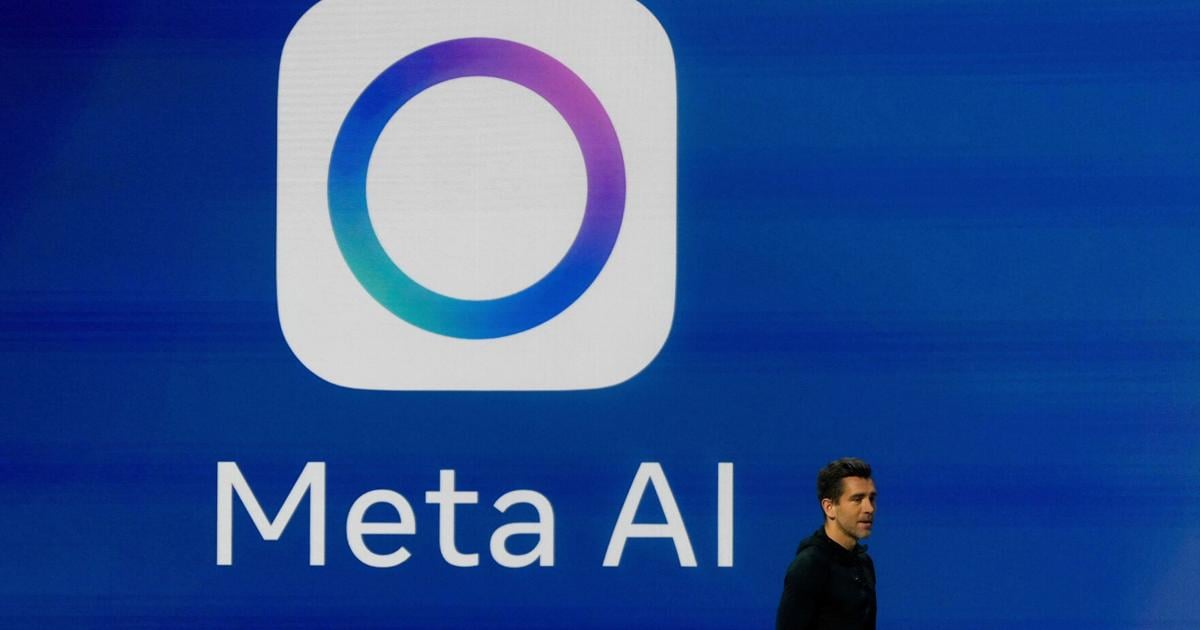Meta Introduces Parental Controls for Interactions with AI for Teens
October 17, 2025 | by magnews24.com

Meta Platforms Inc., the technology company behind social media giant Facebook, is set to implement new parental control features aimed at enhancing children’s safety in their interactions with artificial intelligence (AI) chatbots. These measures, scheduled to roll out in early 2024, include the ability for parents to restrict or completely disable one-on-one chats between their children and AI companions.
As AI technologies continue to permeate everyday life, the integration of such systems into platforms used by younger users raises significant concerns around privacy, safety, and mental health. Recognizing these challenges, Meta’s new parental controls aim to empower guardians by giving them greater oversight over their children’s digital interactions. Among the announced features, the most notable is the option to disable private communications with AI characters, ensuring that younger users do not engage in unsupervised conversations that could lead to exposure to inappropriate content or harmful interactions.
However, while this feature aligns with the growing movement towards safer online environments for children, it is important to note that parents will still be unable to deactivate Meta’s AI assistant, which will remain accessible for educational purposes. A representative from Meta stated that the AI assistant is designed to provide “helpful information and educational opportunities,” which they claim will come with default settings geared towards maintaining a safe environment for teenagers. This dual approach of allowing some level of interaction while restricting others underscores the company’s commitment to balancing innovation with user safety.
The move comes amidst increasing scrutiny of the tech industry’s responsibilities regarding children’s online behavior. Several studies have indicated that young users are particularly vulnerable to the potential adverse effects of AI interactions, including the risk of developing unhealthy perceptions of self-worth and reality. By implementing these controls, Meta appears to be responding to both parental anxieties and regulatory pressures, seeking to cultivate a safer online space for younger users.
As the landscape of digital communication continues to evolve, this initiative may set a precedent for other tech giants to adopt similar measures. The effectiveness of these controls, however, will ultimately depend on ongoing developments in technology as well as cooperation from parents, who will play a crucial role in monitoring their children’s interactions with evolving AI systems. In doing so, Meta is not only addressing immediate concerns but also positioning itself as a leader in responsible AI implementation in a rapidly changing digital world.
RELATED POSTS
View all



